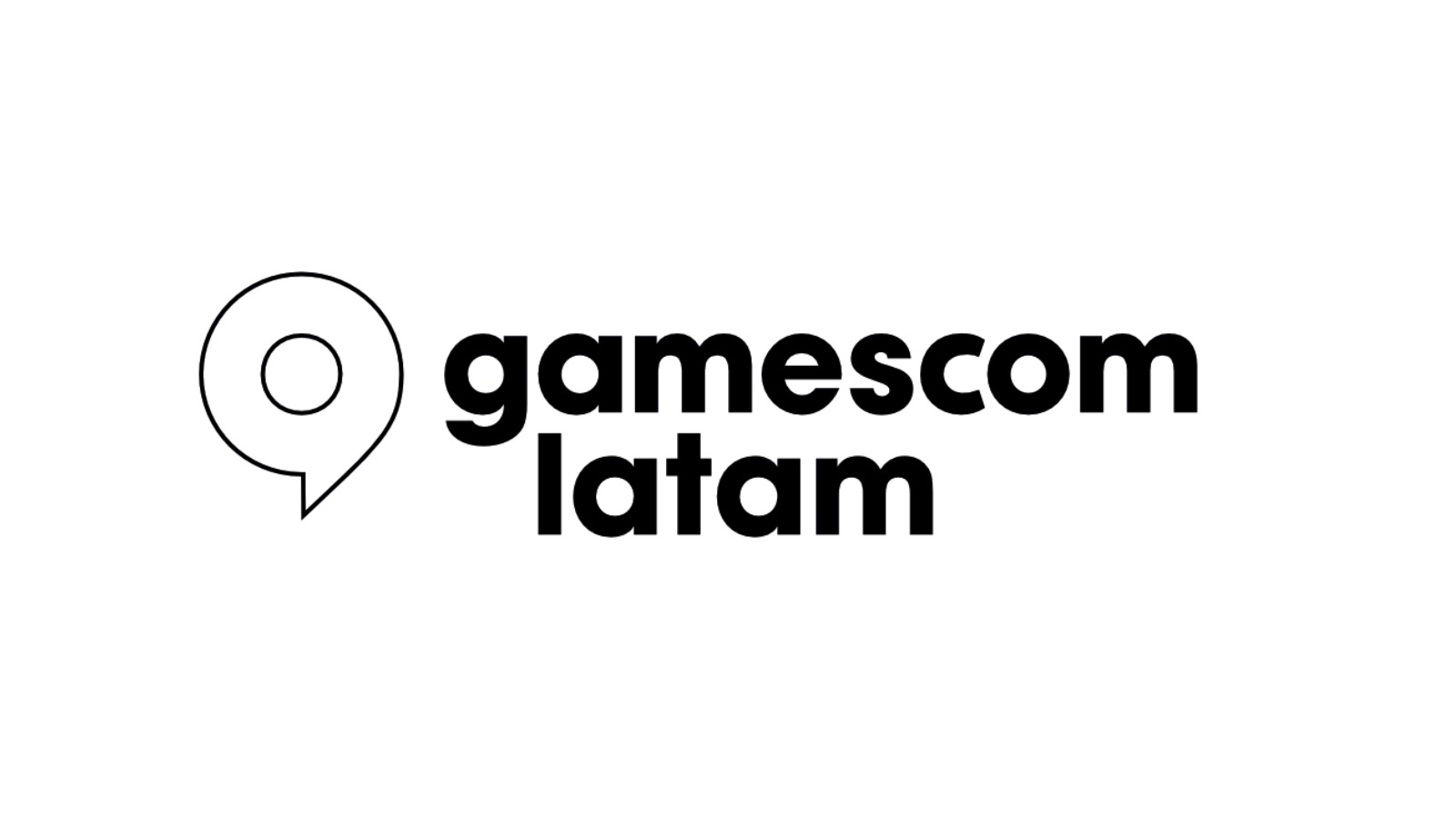In-house vs external development for game audio is a critical decision to make. In this article, we weigh the advantages and drawbacks of both methods, guiding you towards the optimal choice for your project and budget. 💡💡💡
Selecting an in-house sound effects (SFX) designer or composer entails not just their salary but also library subscriptions and hardware for music composition. These expenses must be factored in when calculating the hourly rate of a game audio professional. 💸
In-house or external development for game audio? 🤔 It’s essential to weigh the advantages and disadvantages when deciding on your game audio options. 💡💡💡
So. let’s analyse In-house vs External Game Audio
💸 Opting for an in-house SFX designer or composer means not only covering their salary but also library subscriptions and hardware for music composition. These expenses must be considered when calculating a game audio pro’s hourly rate. 💸
🤷 With the game market growing exponentially, studios often face the challenge of retaining trained audio collaborators who might move on to different projects. This can slow down productivity, as interviewing new candidates can be time-consuming for game producers or CEOs without dedicated HR departments. 🤷♂️
🎯 That’s where external game audio development teams come in. They mitigate risks by offering top-quality professionals with up-to-date libraries, hardware, and expertise. Plus, you save time on training and onboarding, and bureaucratic hassles simply fade away. 🎯
As we have seen, an external audio team can be better for the development of your game and your projects, specially comparing In-house vs External Game Audio. But now you may ask yourself: wouldn’t it be better to hire a freelancer? If you are thinking about this, read our article EXTERNAL DEVELOPMENT VS. FREELANCING .
Want to know more about having a professional team dedicated to audio games for your project? Visit our portfolio and get to know more about our work!







